For the DOUBLE FEATURE on September 28 the British artist Ed Fornieles will be showing his latest film about self-optimization and biohacking.
If you seek an answer to the question of how to live well, it’s not long before concepts arise that open up doors and gateways for absolutely anyone who likes talking about and to people. Hordes of natural scientists and psychologists, philosophers and esoterics make use more or less impressively of expressions such as happiness, health, fulfilment or sense – not to mention good advice from parents, friends or drinking buddies. If you equate the question of how to live well with the improvement of what you have, then you’re well advised to address the sort of concepts that are often as fraught with meaning as they are empty, such as efficiency, self-optimization and perfection.
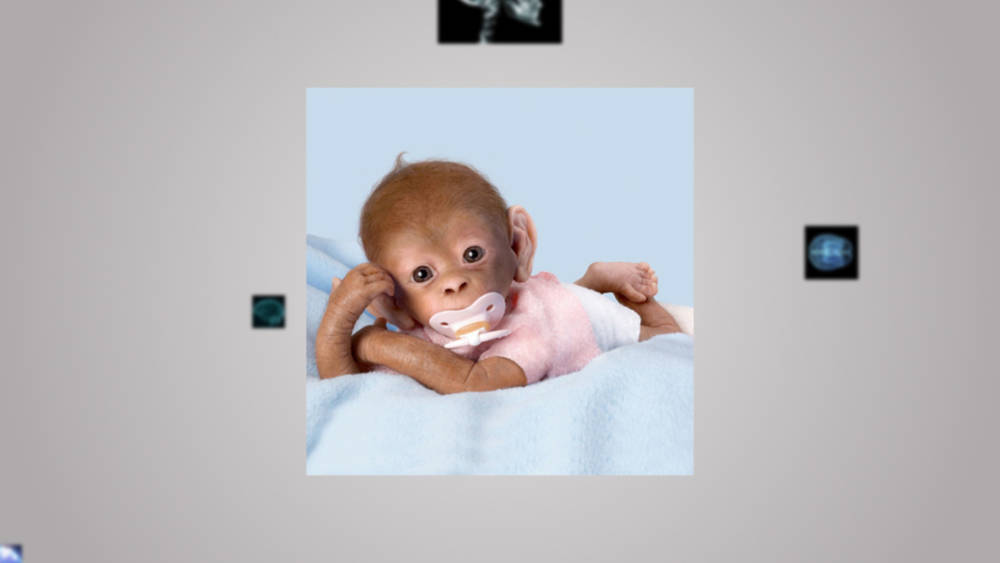
Over the last few years, bio-hackers as they tend to be called have attracted ever more attention: They are Do-it-yourself biologists, who tackle fields of research in the natural sciences, particularly genetics, either as a hobby or with an entrepreneurial objective. Alongside experiments like crossing glowworms with tobacco plants, for example, the result of which constitutes a kind of reading-light plant, others deal more with the modification or optimization of the human body. Entrepreneurs like Dave Asprey, inventor of the “Bulletproof Diet”, do not promote beauty or recognition, for example, but rather a “high-performance life” by means of a “hack” in human biology. In the case of the piece by Ed Fornieles (born 1983, interview with the artist here) entitled “Der Geist – Flesh Feast” (2016), it feels like you’ve been catapulted into the world of biology hacking.
Everything that makes up life
The good eight minutes of video is part of the installation “Der Geist – Flesh Feast”, which went on show this year in Berlin. Against an aluminum-colored background, a female voice resonates: “It is scary to think of all the potential that is lost by those who don’t have the courage to unleash it – You don’t find yourself, you create yourself.” A continually oscillating picture storm breaks out before the observer’s eyes, in the center of which stands a comic fox, which appears to travel through the digital pictorial world. The images revolve around everything that makes up life – birth, death, family, work and, time and again, food. In its aesthetic, “Der Geist – Flesh Feast” is reminiscent of advertising videos, which sell not just a product, but a better you.

One repeatedly hears a man’s voice which appears to belong to the fox – Fornieles’ alter-ego. It deals with the experiences on the journey towards self-optimization, talks about memory exercises and workouts that sharpen the mind and ultimately are supposed to result in the “hack” in one’s own behavior: The recoding of one’s own identity. Again and again, Ed Fornieles’ work creates references to self-optimization diets. For example the fox delves into product presentations by Dave Asprey and, as part of the installation “Der Geist – Flesh Feast”, starter diet packs are peddled, which promise no less than a journey towards a new you. Here the complicated subject becomes a malleable object, which can be processed as preferred through targeted interventions – hence it is only logical that the fox in “Der Geist” carries out a cost-benefit analysis of itself.
Liberation from the ideological burden
What really interests him is the ideology of self-optimization diets, or so Fornieles claims in an interview with the online platform aqnb.com. In his performance works, he tries to work out the manipulation content of a wide variety of phenomena in order to potentially highlight or offer alternatives. In previous works such as “Animal House” or “Dorm Daze”, Fornieles made use of social networks like Facebook to organize flashmobs or to tell soap-opera stories in an online format. “Der Geist – Flesh Feast”, he explains, comprises both: criticism of the current self-optimization offering, but at the same time also an attempt to crystallize interesting aspects from those very concepts – liberated from the ideological burden.
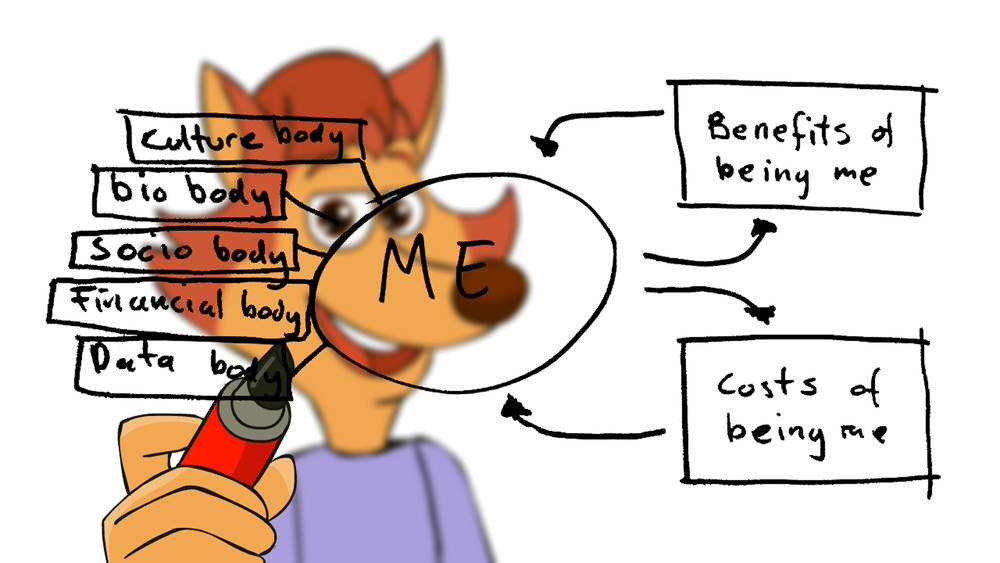

Ed Fornieles, scenes from "Animal House" (2010), Image via dazeddigital.com
In “Det perfekte menneske” (1967) by Danish director Jørgen Leth, which Ed Fornieles will show as his favorite film, man has lost the interpretational sovereignty over himself and is now presented merely as an object of study. “Here we see the perfect human being”, resonates the voice auspiciously from offstage. The images show man and woman in a white, artificial room. Man and woman in stylish evening dress, man and woman in bed, man and woman at the dining table. Close-ups of individual organs, shots of them dressing and undressing, of them dancing. The voice supplies more questions than answers: How does he move? Why does he move? And the answer always comes: Watch! The human being himself is also unable to help: “Today I have experienced something. I hope that in a few days I’ll understand it.”
The dancing skeleton
The perfect human being is something Lars von Trier tried to deconstruct in his 2004 film “Five Obstructions”, by having Jørgen Leth re-shoot parts of his own film under precise preconditions. In classic von Trier style, the attempt served rather as a narcissistic deconstruction of himself, and thus the director shifted the cliché image of perfectionism in the sense of a flawlessness to a vision of the perfect human being, which instead manifests itself in depression and uncertainty. In Leth’s film, despite their flawless exterior the perfect humans show a similar defect: Ultimately man is alone, asking himself why happiness is so capricious and finding no answer to his question. In contrast, as a final image Fornieles’ “Der Geist – Flesh Feast” shows the dancing fox and the structure that lies behind him: a dancing skeleton. Who exactly is self-optimizing whom here is something the observer must then decide for his or herself.
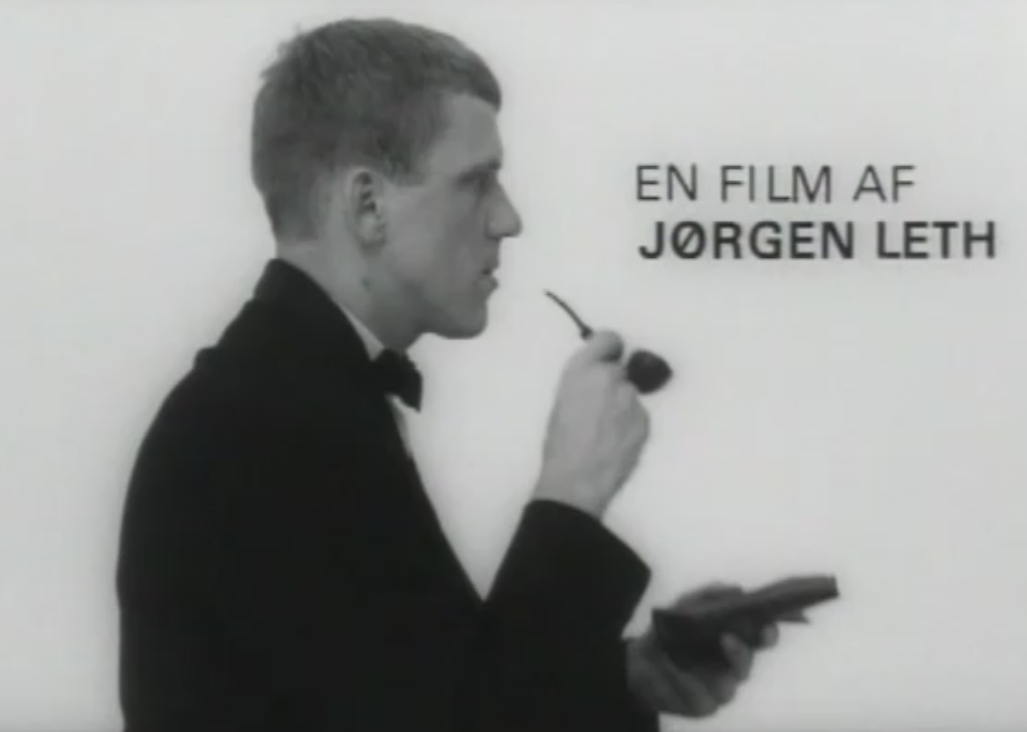
Det perfekte menneske, Jørgen Leth (DK, 1968), Image via .dfi.dk
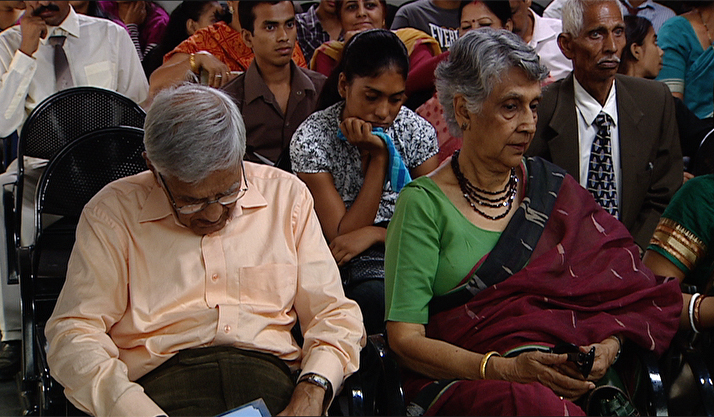
At the mercy of waiting
Artist Bani Abidi is dedicated to the dark absurdities of everyday life. In her video work "The Distance from Here" bureaucracy takes over and waiting...
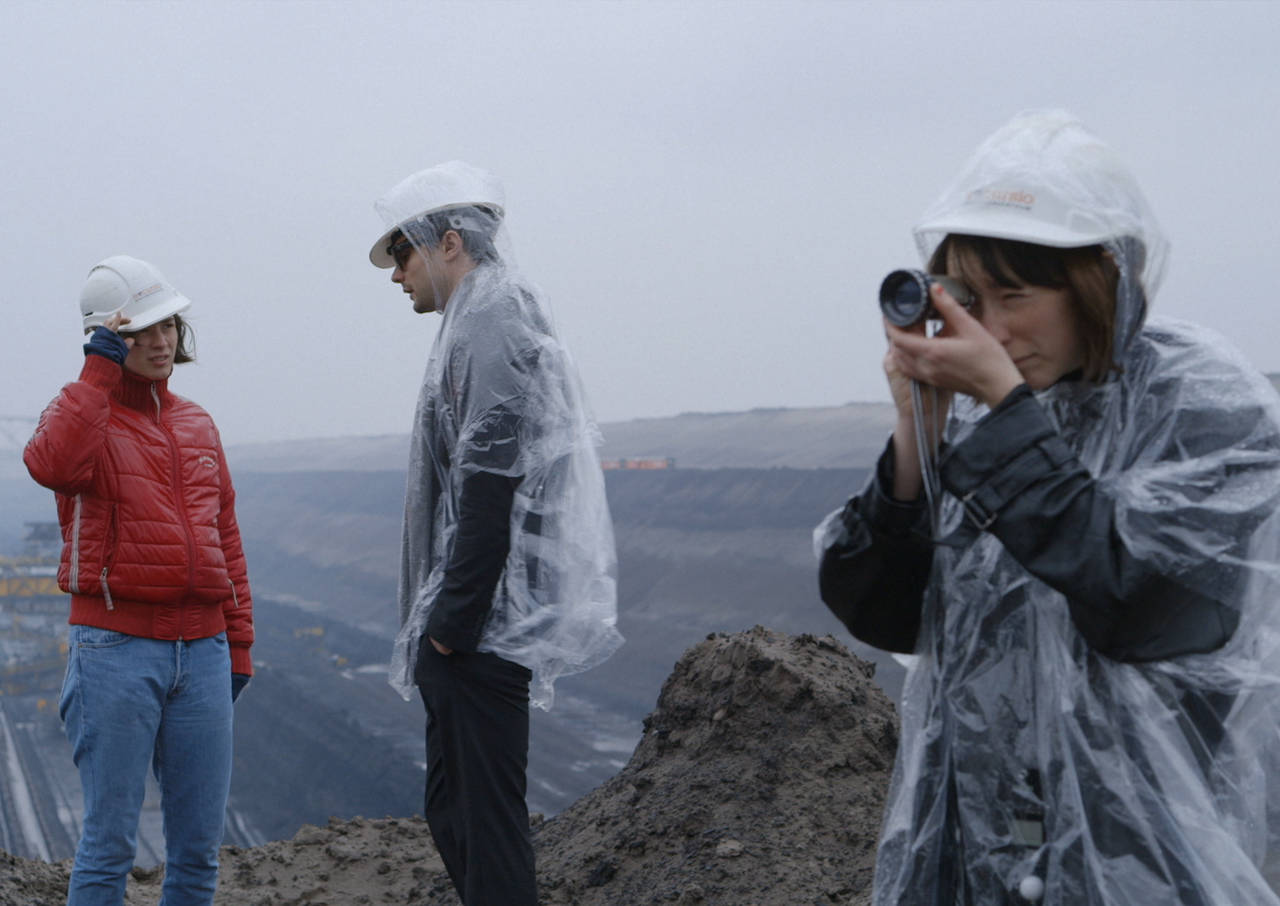
“Please don’t make a film about Godard!”
A film about filmmaking sounds a bit meta. But Kristina Kilian’s video work takes us on a ghostly journey through Godard’s Germany after the fall of...
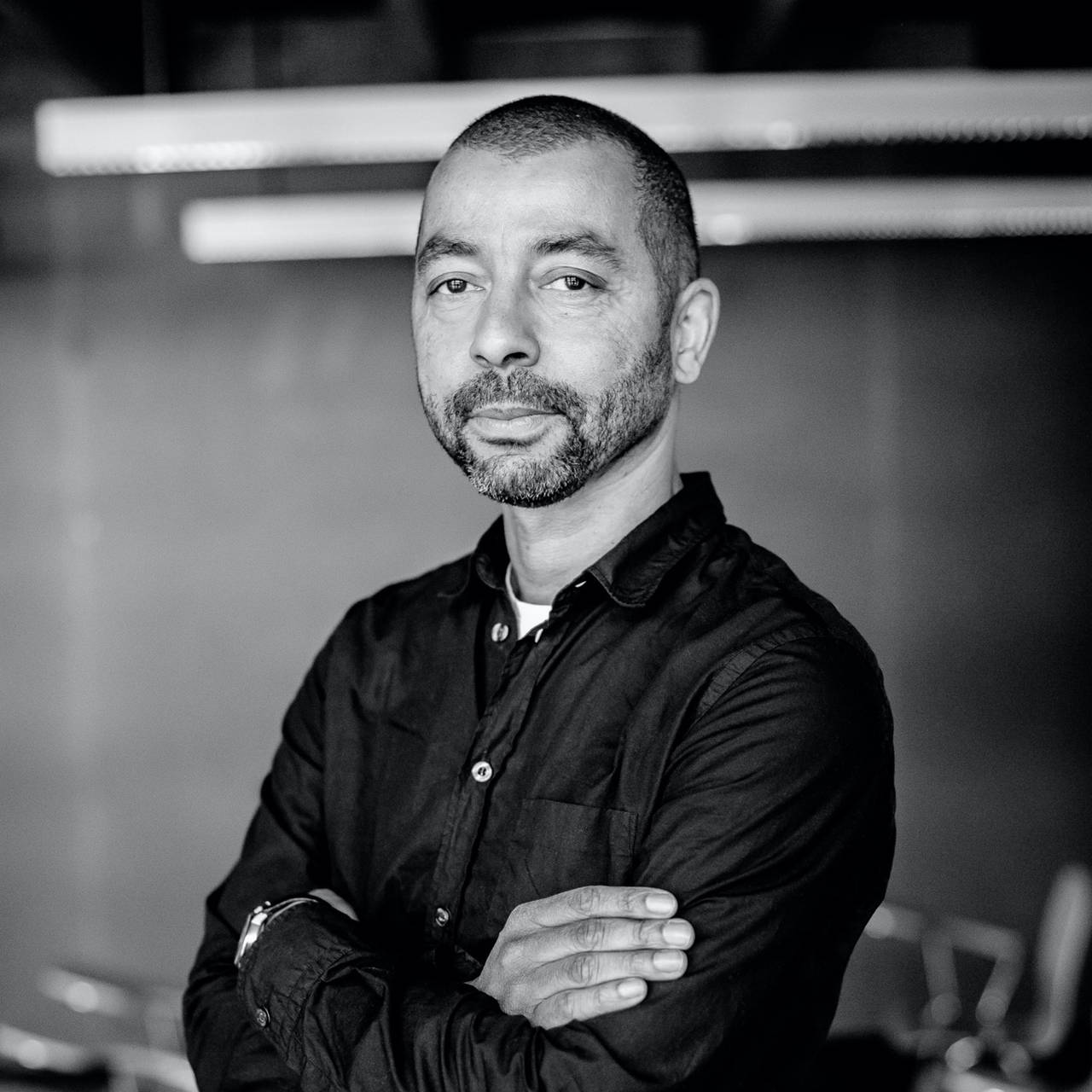
Black is not a Color
In a film series, Oliver Hardt combines the themes from Kara Walker’s work with the perspectives of Black people in Germany. In conversation with...
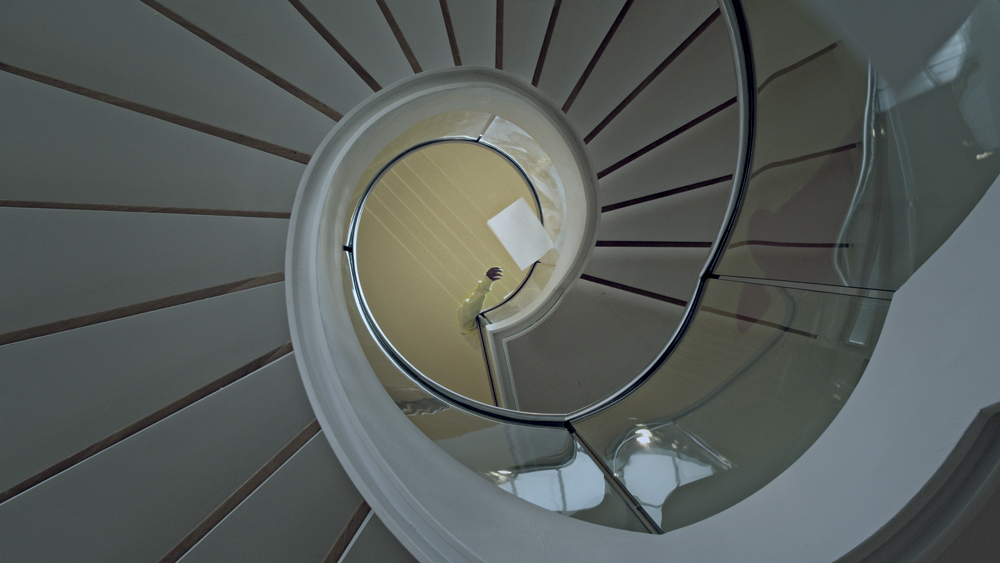
How do we Remember?
In which places does history become visible? And what do we remember at all? Maya Schweizer begins her search for clues in the sewers and slowly feels...

Film highlights from South and North America
How can we break with the power relations of the past and create a decolonial future? A look at the representation of Indigenous women in film.
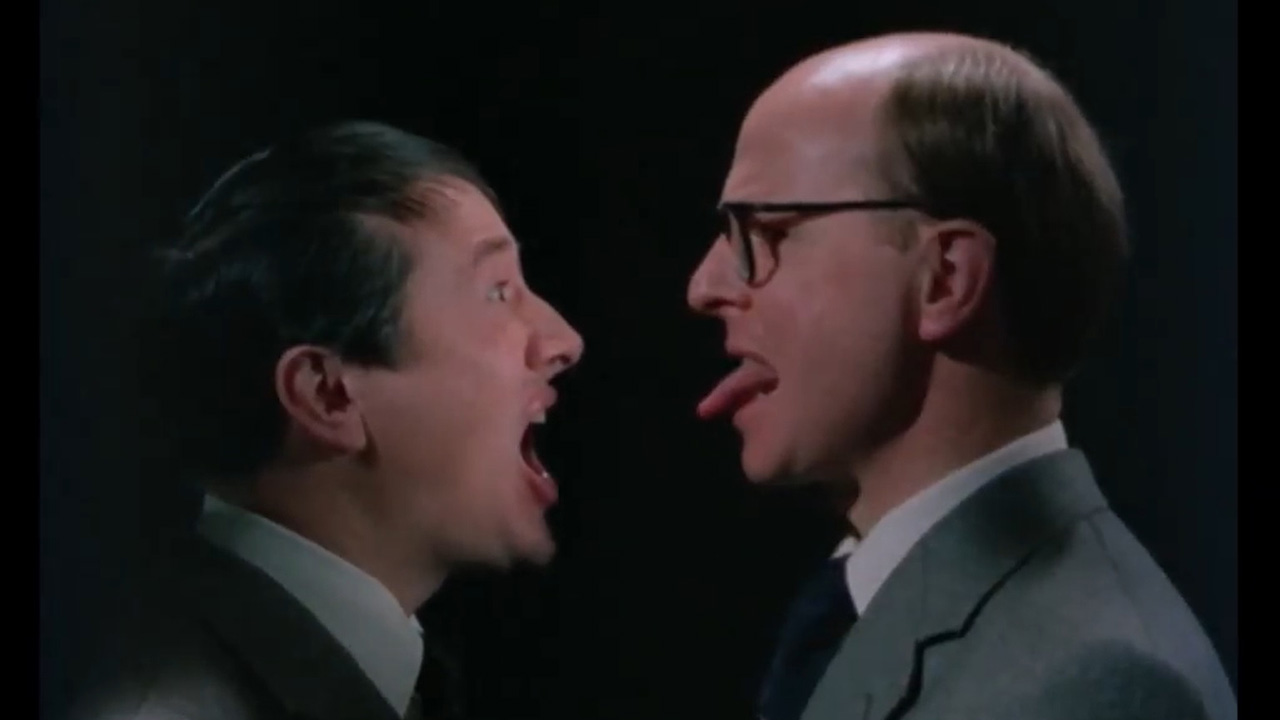
Must See: The World of Gilbert & George
Eccentric, fascinating, repulsive, entertaining and full of symbols: “The World of Gilbert & George” is a collage about the artifice of everyday life...